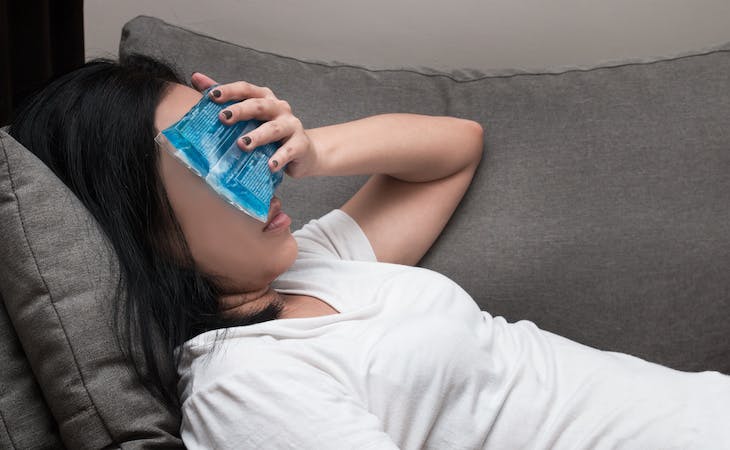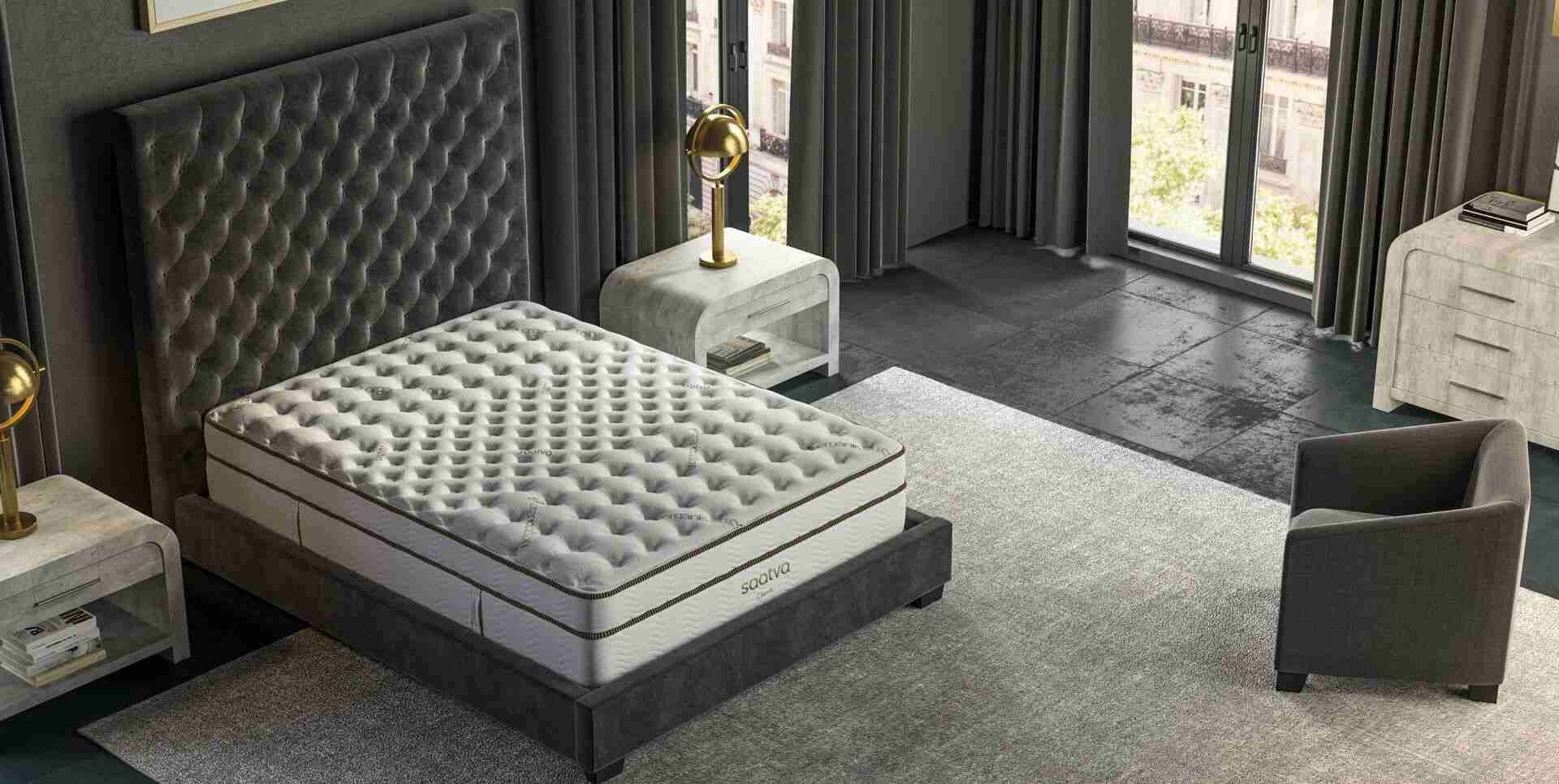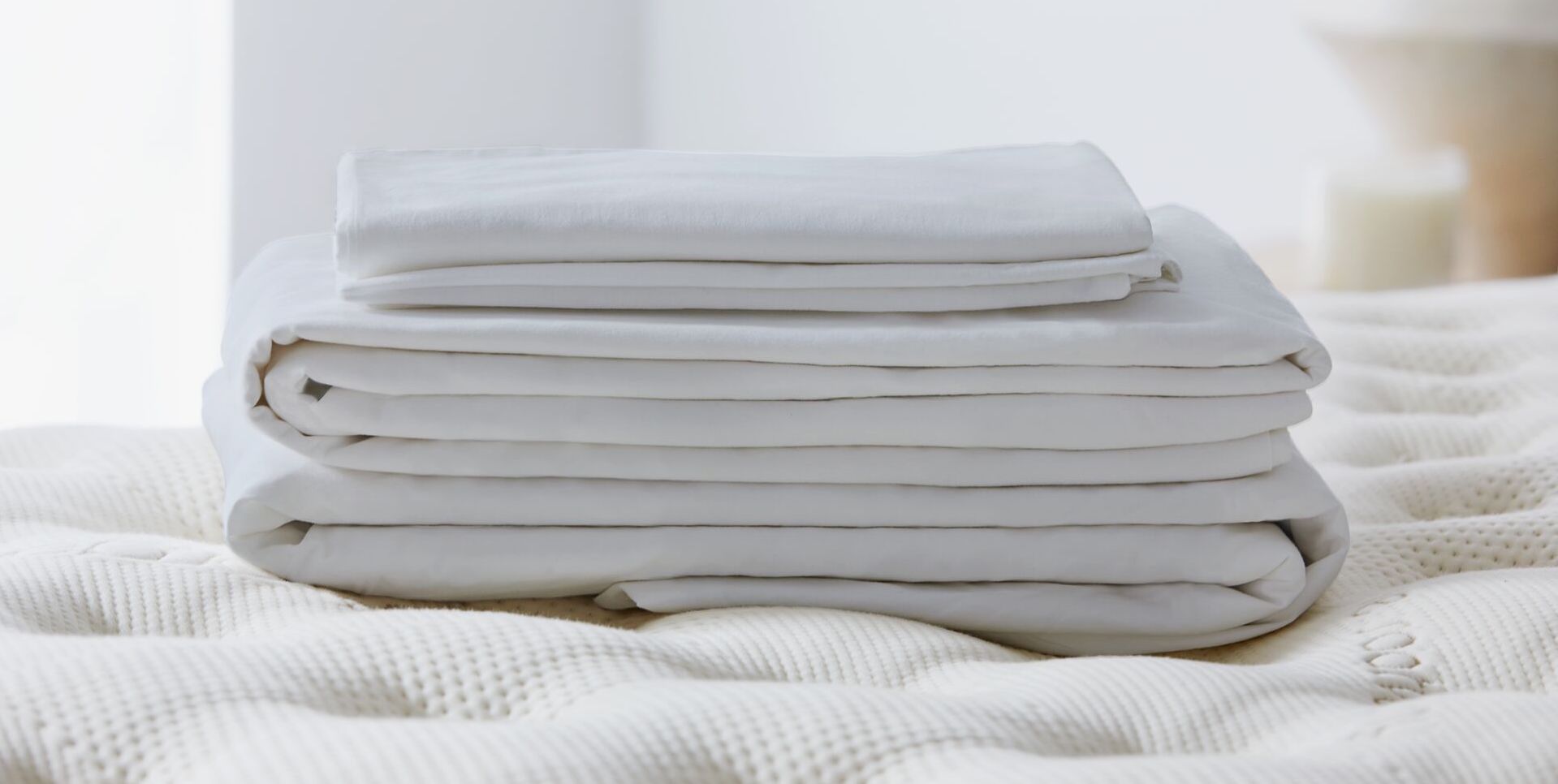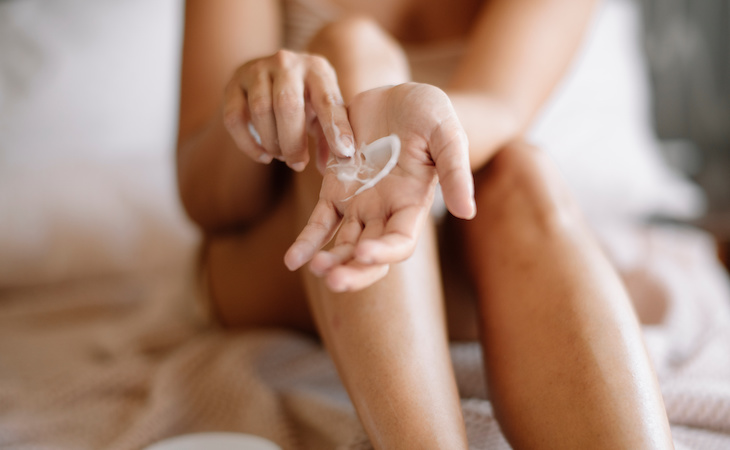You’ve set the perfect scene for optimal sleep: You have the softest sheets on your bed, the most calming sound machine is pumping out peaceful noises, and your smartphone is tucked into a drawer.
You start to doze off, and that’s when it happens: night sweats. Soon after your head hits the pillow, you’re waking up drenched in sweat and unable to sleep another wink.
Night sweats can make it incredibly difficult to achieve a quality night’s rest. The good news is, there are plenty of things you can do to minimize or even eliminate those bad night sweats so you can enjoy cool and comfortable sleep.
From cooling bedding to innovative devices, you may be able to say goodbye to night sweats before you know it.
What are night sweats?
Having night sweats simply means you sweat excessively while you sleep, to the point that you may need to change your sheets or clothes.
Also called “hyperhidrosis,” the condition is experienced by as much as 12% of the general population, according to Michael Breus, PhD, double board-certified clinical psychologist and sleep specialist. Among older adults especially, nighttime sweating tends to be a frequent issue, per a study published in the Annals of Family Medicine.
“Sleep hyperhidrosis can do a number on your sleep, diminishing sleep quality and lowering your amount of nighttime rest,” he writes on his blog. “Sweating at night makes it harder to fall asleep, and more than likely, you’ll wake throughout the night, leaving you feeling tired, low-energy, and fatigued during the day.”
Breus adds that recent research shows sleep loss from night sweats negatively impacts mood. “There’s a strong association between depressed mood and night sweats that scientists pinpointed to the sleep problems that arise from sweating,” he says.
Breus says research also indicates night sweats are linked to an increased risk for cardiovascular disease. He notes that many of the studies around night sweats and heart disease involve women in menopause.
“It’s important that we see those studies continue and broaden to include other populations, to evaluate the relationship between sleep hyperhidrosis and cardiovascular disease risk,” says Breus.
Here’s another dimension of night sweats that shouldn’t be overlooked, according to Breus: how it affects your partner.
“Night sweats can make sleeping with a bed partner difficult and put real stress on relationships,” he says. “Discomfort, embarrassment, and trouble sleeping come together in a difficult mix for couples.”
What causes night sweats?
There are several common causes that can lead to waking up drenched in sweat.
Menopause
Also known as “hot flashes,” this surge in nighttime body heat accompanied by intense sweating is the body’s response to drops in estrogen.
“For many women, hot flashes and night sweats begin during perimenopause and tend to increase in frequency until a couple of years into post-menopause before beginning a gradual decline,” Breus tells Saatva.
It should be noted that women aren’t the only ones who experience night sweats. Low testosterone, sleep apnea, thyroid disorders, HIV, and genetic conditions can cause men to have night sweats too.
Hormonal disorders
Hormone imbalances, including thyroid disorders and low sex hormones, can bring on bad night sweats.
As Breus explains, the hypothalamus is the part of the brain that regulates body temperature as well as the production and release of hormones. It’s also involved in regulating sleep. That’s why hormonal imbalances tend to come with excessive sweating.
Breus says other hormone imbalances that can lead to night sweats include the low and fluctuating estrogen levels of menopause and excessive adrenaline in the system.
Infection
Infections can also bring about night sweats. “Night sweats frequently occur when the body is fighting infection, often accompanied by fever,” says Breus.
Medication
Some medications can also cause night sweats. These medications include antidepressants, migraine medications, pain relievers, medication for acid reflux, drugs that treat glaucoma, medications that treat neurological diseases such as Alzheimer’s and Parkinson’s, and some cancer drugs.
Stopping night sweats
Never fear—there are many treatment options for you to explore to combat night sweats.
Choose a cool mattress and bedding
Preventing night sweats starts with your foundation—that is, what’s right underneath you as you sleep.
Some mattresses are constructed with cooling in mind, made with breathable materials and wrapped in cooling fabrics.
Innerspring mattresses provide superior temperature control since they allow for plenty of air circulation. Latex is a naturally breathable material that offers the contouring ability of memory foam but without memory foam’s tendency to trap heat, making for a cooler night’s sleep.
Cooling gel, graphite, and organic cotton are other mattress materials that contribute to a cool sleeping situation. (Check out our guides to the best mattresses for cool sleep and the best cooling features to look for in a mattress.)
You’ll also want to choose the best possible cooling sheets. Look for cotton, linen, bamboo, or Lyocell. For cotton specifically, percale tends to be the coolest weave—and a thread count between 200 and 400 is ideal for maximum comfort.
Lower the temperature in your bedroom
The ideal temperature for sleeping is between 60 and 67 degrees Fahrenheit. Breus says humidity is also a factor in sleep comfort.
According to a study performed by the San José State University Research Foundation and the NASA Ames Research Center, humidity can impact optimal sleeping temperature.
“I know we all complain a lot about the humidity in general—but I’m not sure people pay enough attention to humidity in their sleep environments,” Breus says. “In their analysis, scientists found that the optimal range for sleep is 40% to 60% relative humidity.”
Depending on where you live and what time of year it is, that may mean you need to add or subtract humidity from your bedroom to get your best rest, says Breus.
Wear breathable pajamas
When choosing pajamas, aim for fabrics that are similar to your cooling sheets—think cotton, linen, and bamboo. And make sure that your pajamas are airy and loose-fitting. (Here’s how to pick the best pajamas for you.)
Use a cooling sleep device
Breus is a spokesperson for an effective new cooling sleep device he’s seen work for his menopausal patients. Called the Ebb CoolDrift Versa, it’s a headband that cools the forehead through an optimal temperature, which, Breus explains, reduces “metabolic activity in the frontal cortex.” (See the device in our Cyber Monday sleep deals guide.)
“It is clinically validated to reduce the severity of hot flashes, both during the night and throughout the day,” he says. “The forehead is a highly thermosensitive area to warm and cold stimulation, so providing cooling to the forehead is believed to reduce sweating and give a sensation of relief during a hot flash.”
Visit your doctor
If all else fails, remember you can always schedule a visit to your doctor to talk about your night sweats. A professional can recommend further treatment, such as hormone therapy or medications.
Beyond night sweats, there are other potential culprits for disrupted sleep. Here are the most common reasons why you could be waking up in the middle of the night—and what to do about them.











